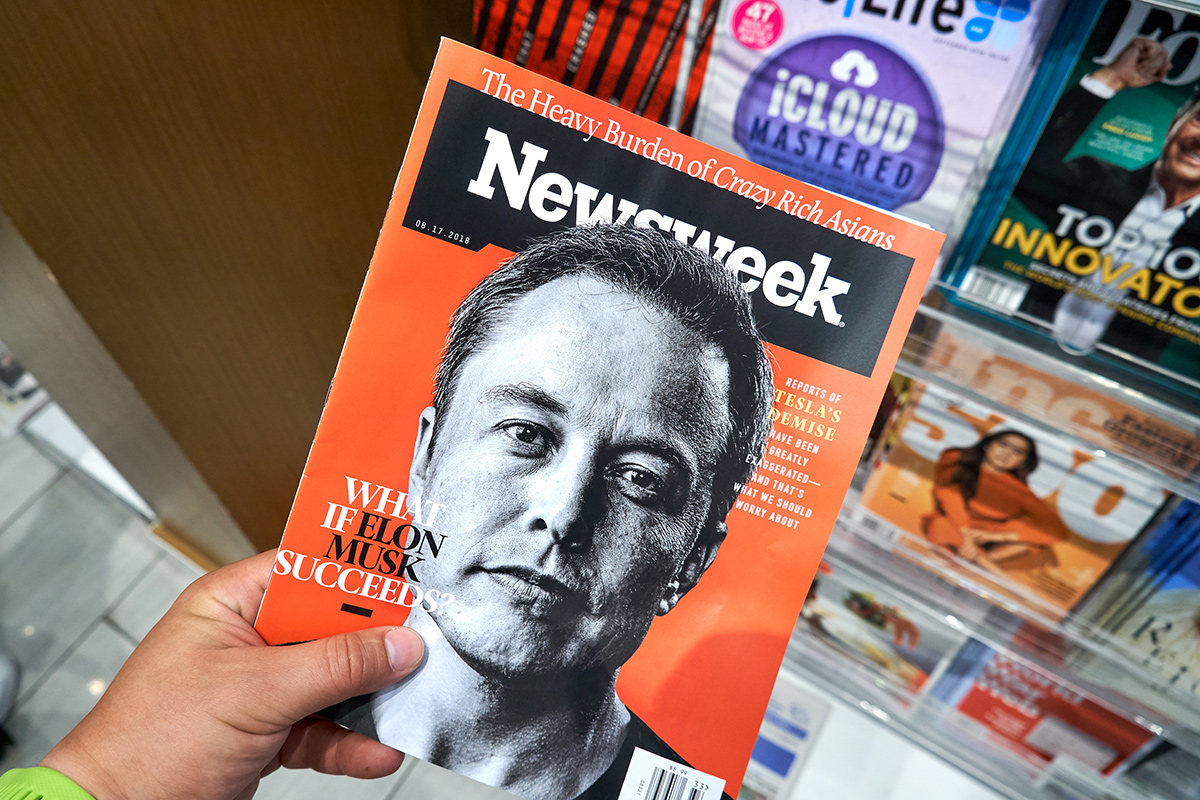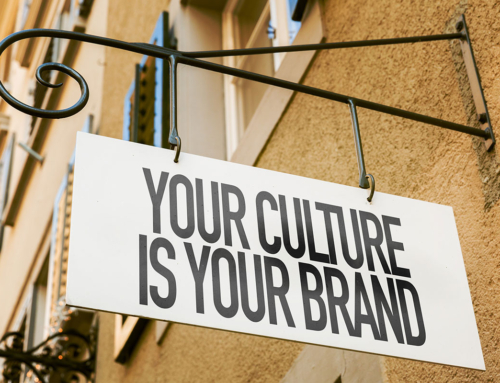I will be the first to admit I am not an Elon Musk evangelist. My approach to one of the world’s most eccentric billionaires is one of cautious curiosity.
With several successful businesses, an environmentalist’s mission and a few billion dollars in the bank, openly doubting and questioning Musk is rarely done. Until now.
The tides are turning as the media and others declare it safe to question the words, actions and motivations of the Silicon Valley giant.
Which brings us to this past week, where in the final moments of the Thailand cave rescue, Musk arrived with a kid-sized submarine to, hopefully, help bring the young boys to safety. In the days after, many commended Musk. While many others questioned Musk’s motivations and the plausibility of the tiny submarine.
These critics included one of the expert volunteers who aided in the rescue who dubbed Musk’s submarine a “PR stunt.”
Ouch.
Musk’s reaction to the criticism? Let’s just say he did not take it too well. And his businesses suffered.
This is not the first time Musk has reacted negatively to criticism.
In May, in response to reports of unsafe and underperforming Tesla factories, Musk lashed out at the media. With familiar cries of “fake news” and a supposed lack of credibility and integrity in modern journalism, Musk proposed a type of Yelp for journalists.
Musk’s reactions in these situations often read like a what not to do in the face of public backlash and social media criticism.
As a public figure with a cult-like following, a larger than life personality and heavy investments in the business community (both in his own and others), Musk should be no stranger to this level of criticism.
And, yet, his recent actions convey a man not yet ready to deal with the magnifying glass of the public eye.
Whether it’s one-star reviews or unfavorable media coverage, criticism happens.
As my mother often said, you can’t make everyone happy. No matter how enigmatic, personable or generous Mr. Musk may be, he too, is not immune from the inability to please the masses.
These include the trolls lurking under the bridge that is the internet.
Before his most recent Twitter debacle, Musk even acknowledged the need to disengage with these persistent individuals prowling his social media feeds.
Good advice that Musk must now wish he would have followed.
Humanitarian efforts by the world’s billionaires (and billion-dollar corporations), while often wildly ambitious and equally grandiose in scope, are not immune to public backlash. While many often applaud these missions, they also garner even closer scrutiny than your normal, day-to-day business pursuits.
And, it appears, Musk is no longer an exception to this rule. So, whether he’s rebuilding the power grid in Puerto Rico or returning clean water to the people of Flint, the magnifying glass of the public eye will remain firmly affixed over his shoulder.
Musk is not the first, last or only individual to lash out in response to social media criticism. But, Musk’s is a cautionary tale. Today’s top brands, personalities and corporations, no matter how revered, cannot escape the court of public opinion.
And, while, sometimes, it is necessary to address rumors, backlash and public outcry to properly and strategically manage one’s image and reputation, other times it only works to feed the fire … and the trolls.
In these moments, it’s time to be the bigger person – or brand – and take it on the chin.








